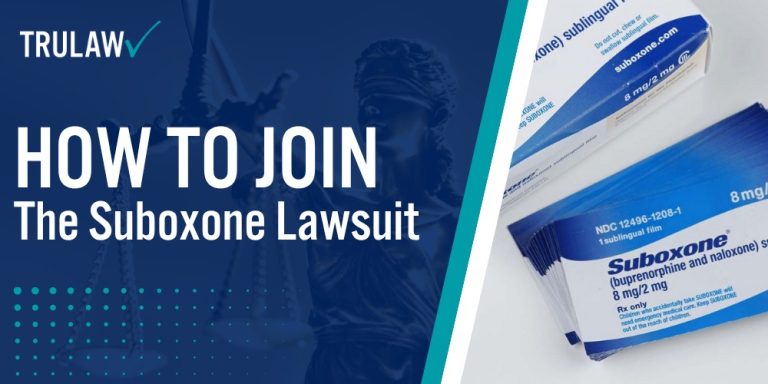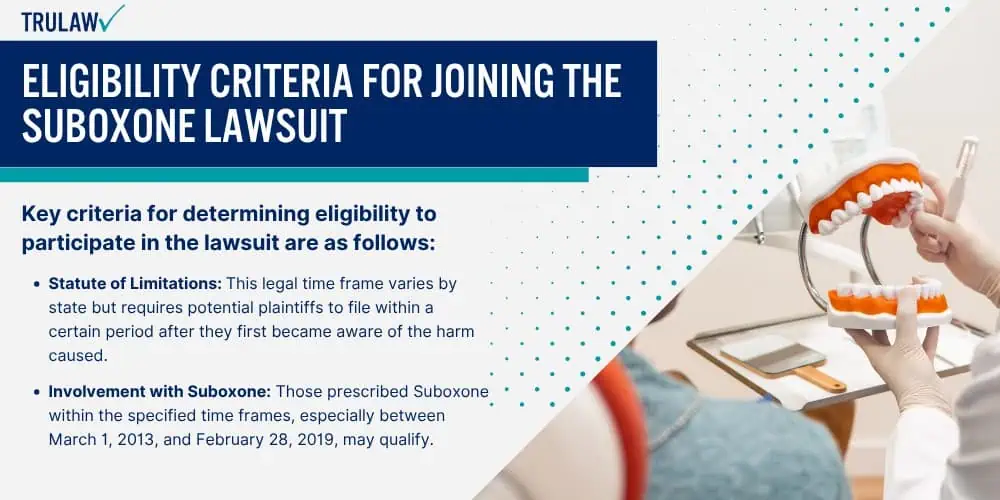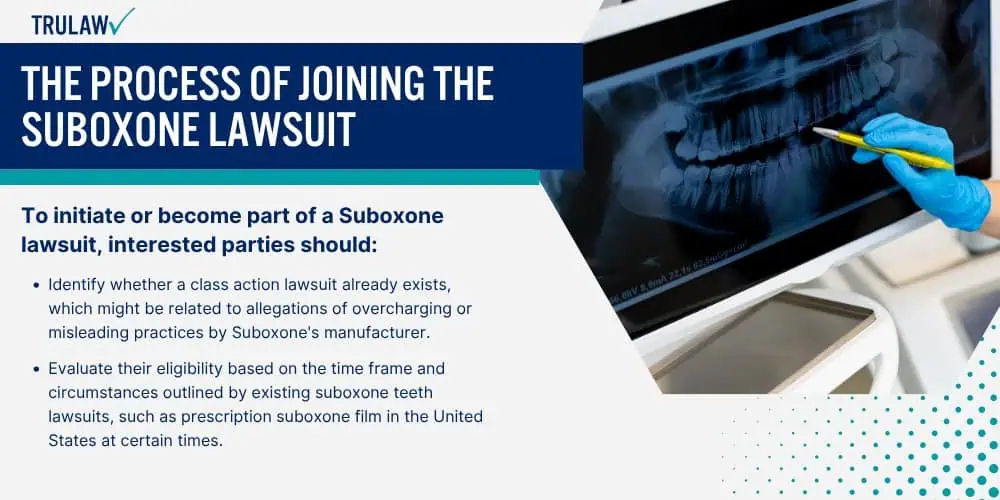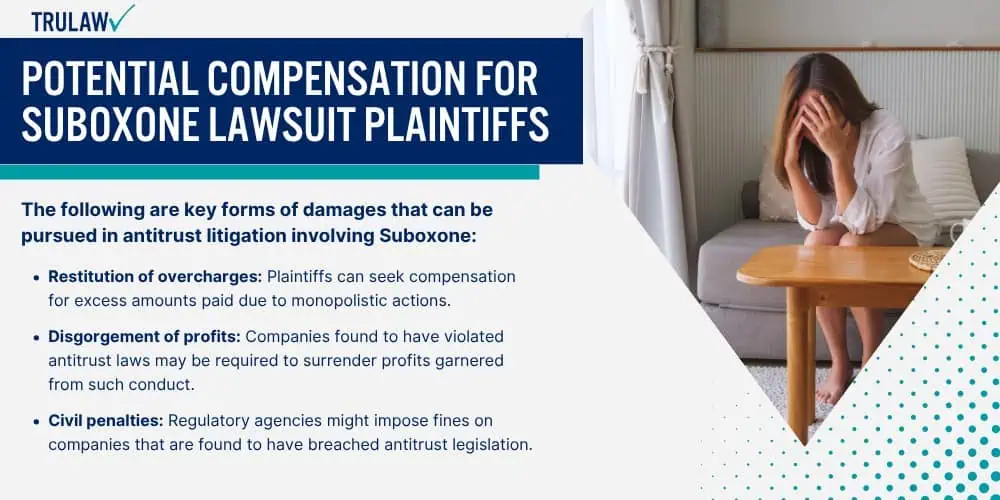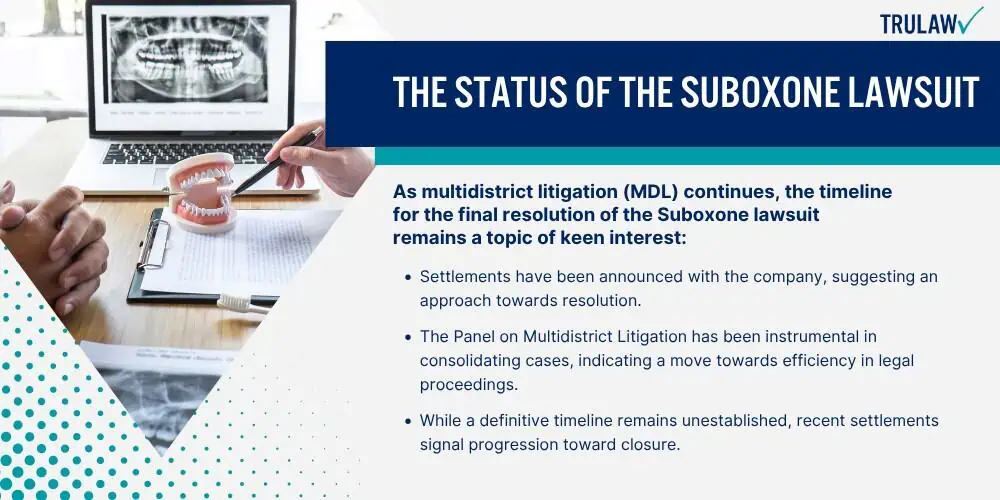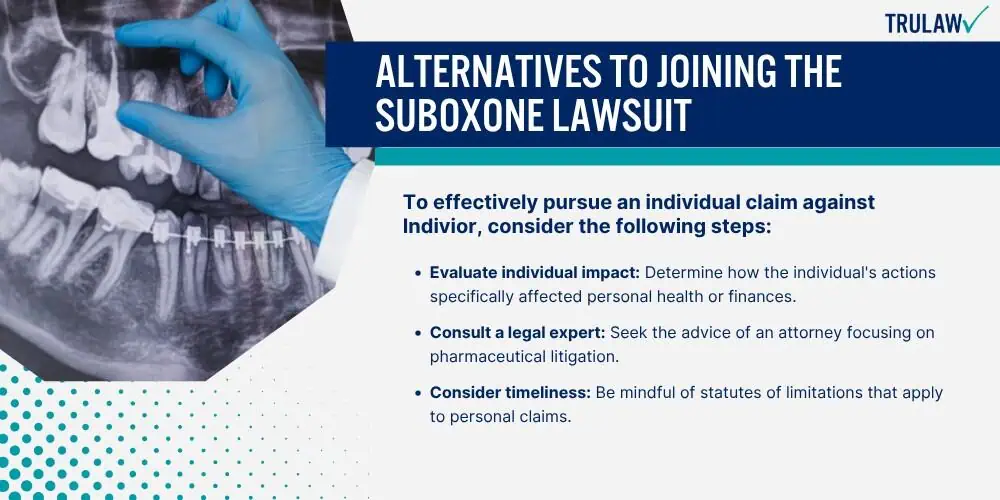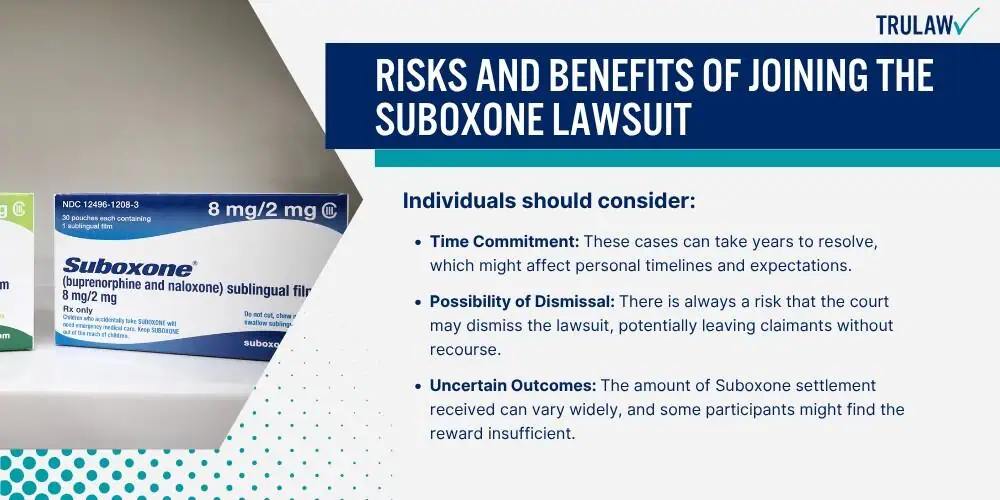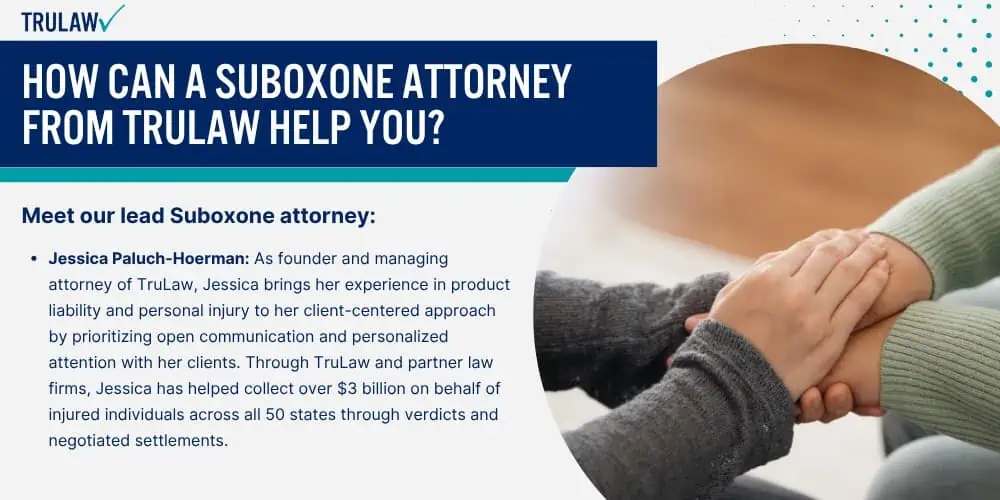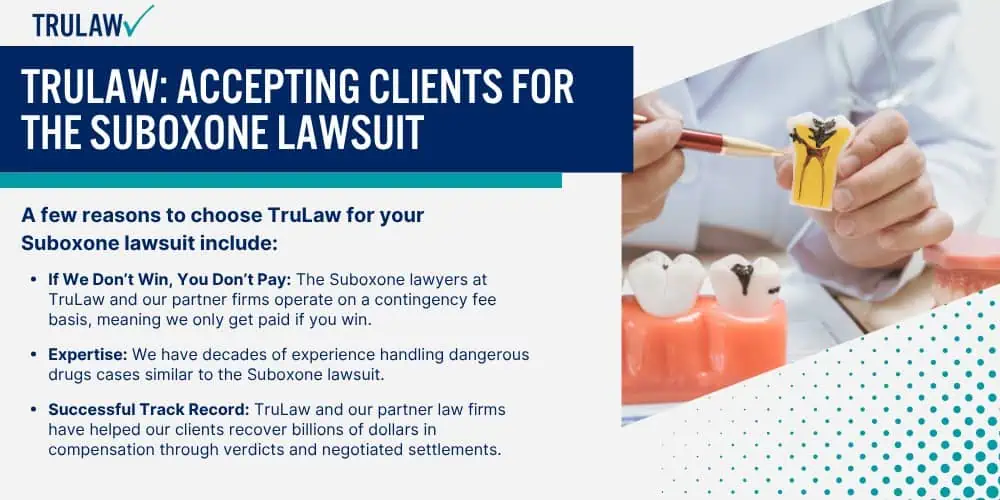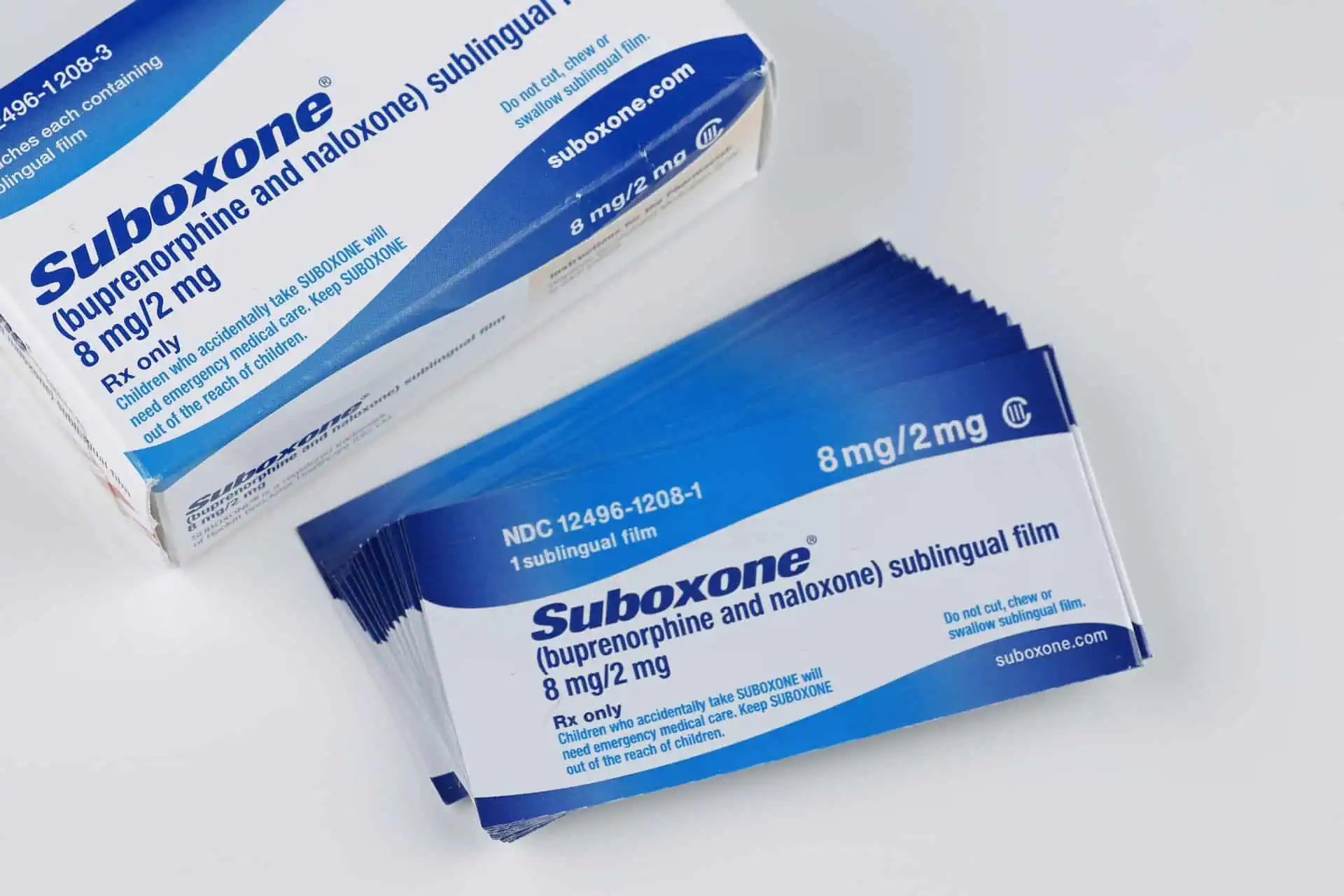This section delves into the Suboxone lawsuit, focusing on allegations against Indivior and claims of anticompetitive behavior.
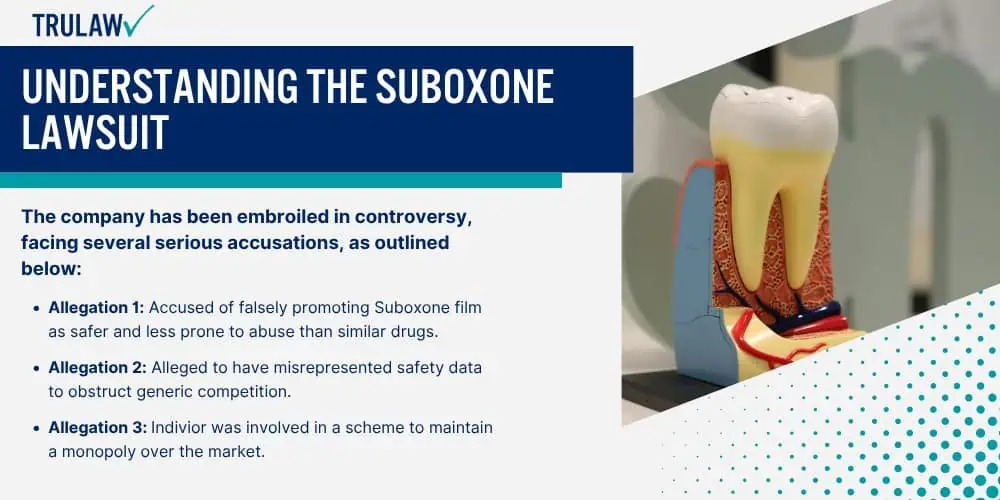
Overview of the Allegations Against Indivior
Indivior, the manufacturer of Suboxone, faced legal challenges alleging serious misconduct related to the sale and marketing of the drug.
Suboxone is a medication prescribed for the treatment of opioid addiction.
The company has been embroiled in controversy, facing several serious accusations, as outlined below:
- Allegation 1: Accused of falsely promoting Suboxone film as safer and less prone to abuse than similar drugs.
- Allegation 2: Alleged to have misrepresented safety data to obstruct generic competition.
- Allegation 3: Indivior was involved in a scheme to maintain a monopoly over the market.
- Allegation 4: The company is said to have shifted from a tablet to a film version to extend patent protection under the guise of safety concerns.
Plaintiffs’ Claims of Anticompetitive Practices
Plaintiffs in the Suboxone tooth decay lawsuits argued that Indivior engaged in practices that violated antitrust laws.
They pointed to specific actions they believed were intended to suppress generic competition and maintain high prices.
Outlined below are the specific claims brought forward by the plaintiffs:
- Claim 1: Indivior is accused of employing “product hopping,” a strategy of making minor changes to a product to extend its patent life.
- Claim 2: Actions are said to have delayed the entry of cheaper generics, keeping costs high for those in need.
- Claim 3: The company is accused of creating barriers to entry for generic competitors through legal and regulatory tactics.
- Claim 4: Plaintiffs also claim that these practices amounted to setting up an illegal monopoly, causing financial harm to consumers and healthcare providers.
